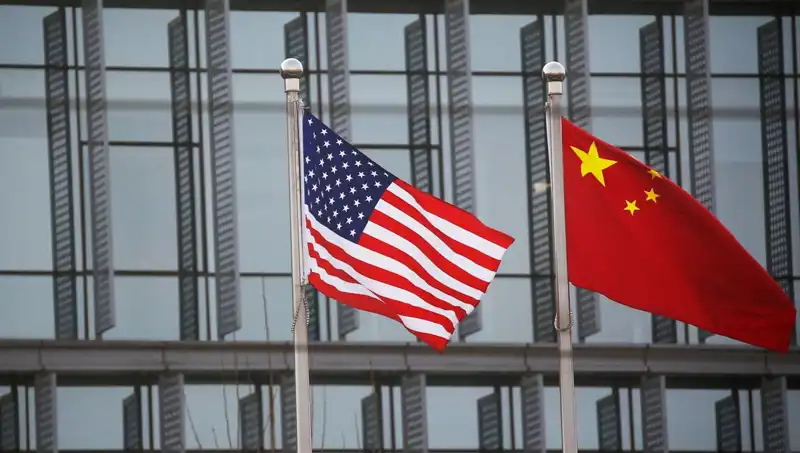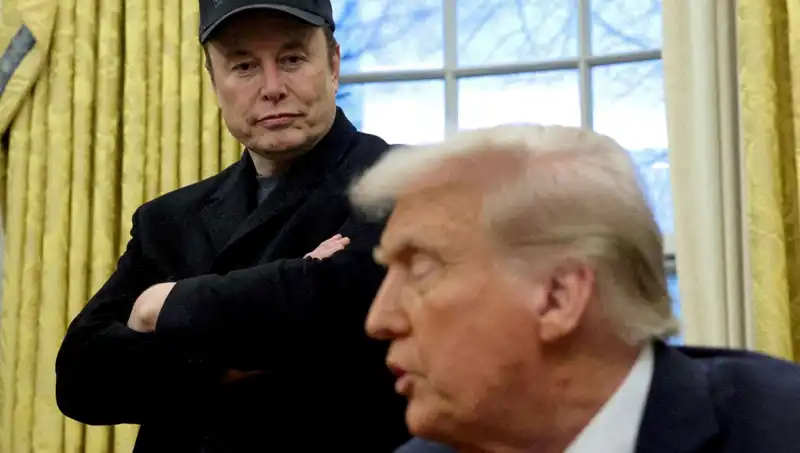Çin, ABD Şirketlerine Yaptırım Uyguluyor: Yeni Bir Ticaret Savaşının İşaretleri
Çin'in ABD şirketlerine yönelik yeni yaptırımları, küresel ticaret dengelerini sarsabilir ve iş dünyasını endişelendiriyor.

Son dönemde, küresel ticaret arenasında yaşanan çatışmaların ardında yatan sebepler giderek karmaşık bir hal alıyor. Özellikle Çin'in, ABD merkezli şirketlere yönelik aldığı yaptırım kararları, dünya genelindeki ekonomik dengeleri etkileyebilecek boyutlara ulaşmış durumda. Bu yaptırımların detayları, muhtemel etkileri ve uluslararası ticaret üzerindeki yansımaları, iş dünyası ve hükümetler tarafından dikkatle izleniyor. Çin'in bu kararı, ticaret savaşlarının yeni bir aşamasını işaret ediyor gibi görünüyor.
Yaptırımların Nedenleri ve Kapsamı
Çin'in ABD şirketlerine yönelik uyguladığı yaptırımların sebeplerini anlamak için geçmişteki gerilimlere göz atmak gerekiyor. Son yıllarda, ABD ve Çin arasında ticaret müzakereleri, teknoloji transferi ve ulusal güvenlik meseleleri üzerinden ciddi çatışmalara sahne oldu. Bu bağlamda, Çin'in ülke içindeki stratejik sektörleri koruma ve dış etkilenmelerden arındırma ihtiyacı, yaptırımların arka planında yatan temel motivasyonlardan biri olarak öne çıkıyor.
İlk etapta belirli sektörler ve şirketler hedef alınıyor. Özellikle teknoloji, enerji ve finans alanında faaliyet gösteren ABD şirketleri, yaptırım kararlarının doğrudan etkisi altında kalacak. Bu yaptırımlar, bu şirketlerin Çin pazarına erişimini zorlaştırabilir ve onlara yüksek maliyetler getirebilir. Ayrıca, bu durum, dünya genelindeki yatırımcıların da akıllarında soru işaretleri oluşturmakta. Çünkü, uluslararası ticaretin önemli bir aktörü olan ABD, ekonomik gücünü kaybetme riskiyle karşı karşıya kalabilir.
Küresel Ticaret Üzerindeki Etkileri
China's new sanction strategy may not only affect bilateral trade between China and the United States but also disrupt global supply chains. Many companies around the world rely on both Chinese manufacturing and American technology, creating a complex web of interdependence. As these sanctions ripple through international markets, firms may find themselves caught in a crossfire that jeopardizes their own operations.
The repercussions could mean difficulty in sourcing materials for manufacturing, delays in product launches, and increased costs for consumers. The interconnected nature of the 21st-century economy makes the stakes even higher. For instance, companies in Europe and Asia that package their products with both Chinese components and American technology may face backlash or regulatory hurdles due to these sanctions.
In response, companies that operate on a global scale will need to reevaluate their supply chains and consider diversifying to mitigate risks. This could lead to significant shifts in sourcing strategies, increased operational complexities, and a potential reshuffling of market leadership as companies adapt to the new realities imposed by these sanctions.
Analysts predict that these developments may also influence stock markets, as investor sentiment can quickly turn sour in reaction to geopolitical tensions. Increased uncertainty may lead to volatility, impacting not just tech giants but also small and medium enterprises that find themselves entangled in this web.
The implication of such punitive measures extends beyond immediate financial impacts, raising questions about the future of international trade agreements and economic cooperation. Countries that rely heavily on trade with China may find themselves navigating complex waters as they balance their economic interests with geopolitical pressures.
This situation also opens up the floor for diplomatic conversations. As countries work to find a path to de-escalate tensions, the future of international business may depend on effective communication and collaboration among global powers. The world watches closely for signals that may hint at a possible thaw in relations—or a continuation of the current trend toward isolationism.
In conclusion, the recent sanctions imposed by China on U.S. companies are not merely isolated incidents; they encapsulate a broader narrative of shifting alliances, trade warfare, and economic strategy. As nations grapple with the implications of these developments, the interconnected nature of today's global economy reminds us that actions taken in one corner of the world can have far-reaching consequences for many. Stakeholders must remain vigilant and adaptable as they navigate these turbulent waters, ensuring that their strategies align with the changing landscape of international trade.









